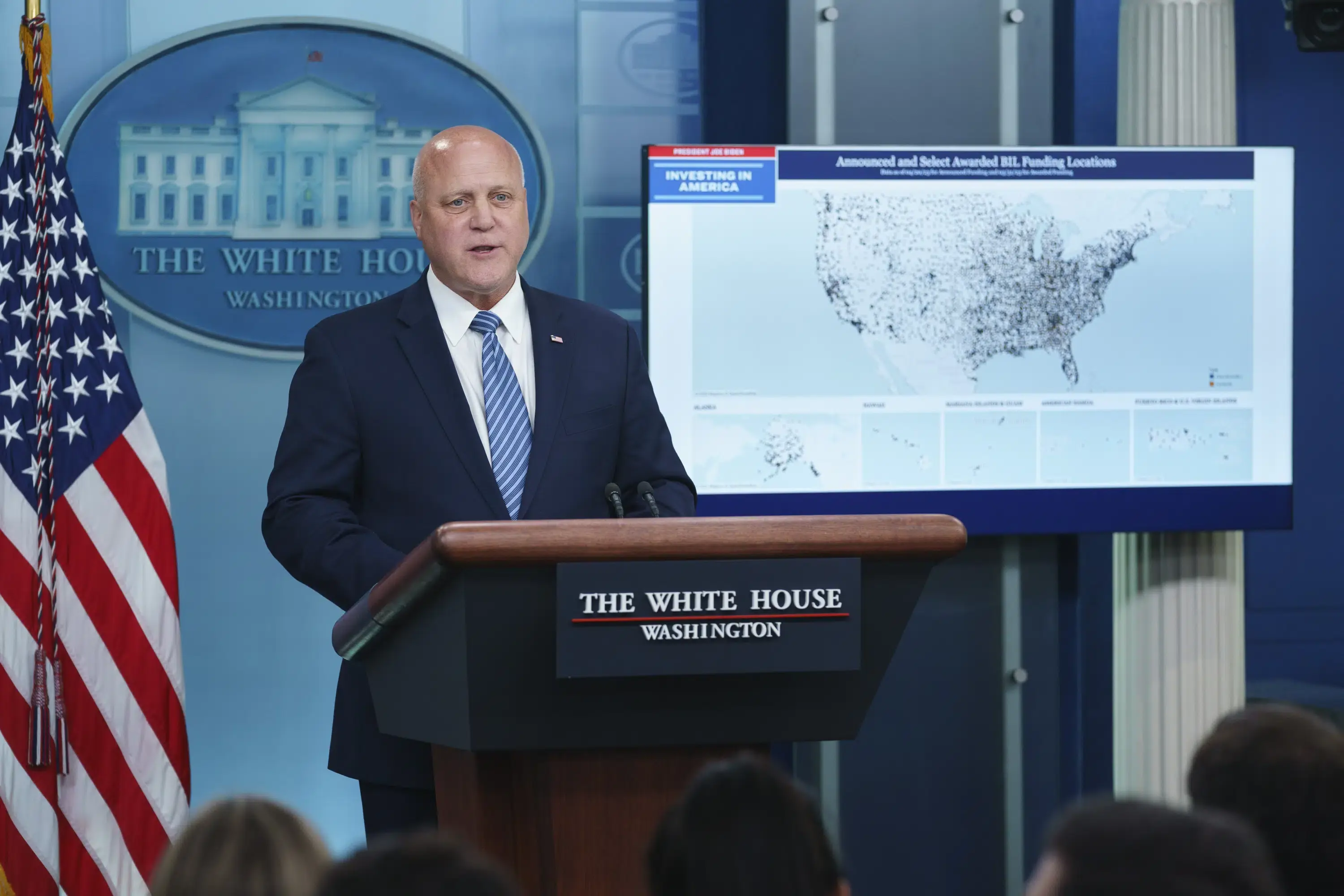The federal effort to expand internet access to every U.S. home has taken a major step forward with the announcement of $930 million in grants to shore up connections in dozens of places where significant connectivity gaps persist. Those places include remote parts of Alaska and rural Texas. The so-called middle mile grants are intended to trigger the laying of 12,000 miles of fiber through 35 states and Puerto Rico. The middle mile is the midsection of the infrastructure necessary to enable internet access, composed of high-capacity lines carrying lots of data quickly. The expansion is among several initiatives pushed through Congress by President Joe Biden’s administration to expand high-speed internet connectivity.



Community-owned broadband is a fun legal zone. Some States are moving to dismantle it, some others to protect it, all while most are mute on it.
Is a muninipality legally entitled to set up its own broadband network? Doesn’t matter what you think, the telcos are spending their lobby dollars to prevent it where it has traction. Same for Tribal areas too.
We can talk about “incredibly angry” here: the telco isn’t the internet I worked a lifetime to build. Demand more. #
Here in #FascistFlorida, municipal broadband is prohibited by state law.
That explains why I’d never heard of municipal broadband until I moved from Florida to a small town in rural Minnesota. When I lived there, I had the choice of a municipal Co-op, CenturyLink, or one other big name I can’t remember right now. And unfortunately the up front cost and the mandatory one year contract (I was in college at the time) meant I never had it, but by all accounts it was by far the best ISP in town and all of the professors used it.